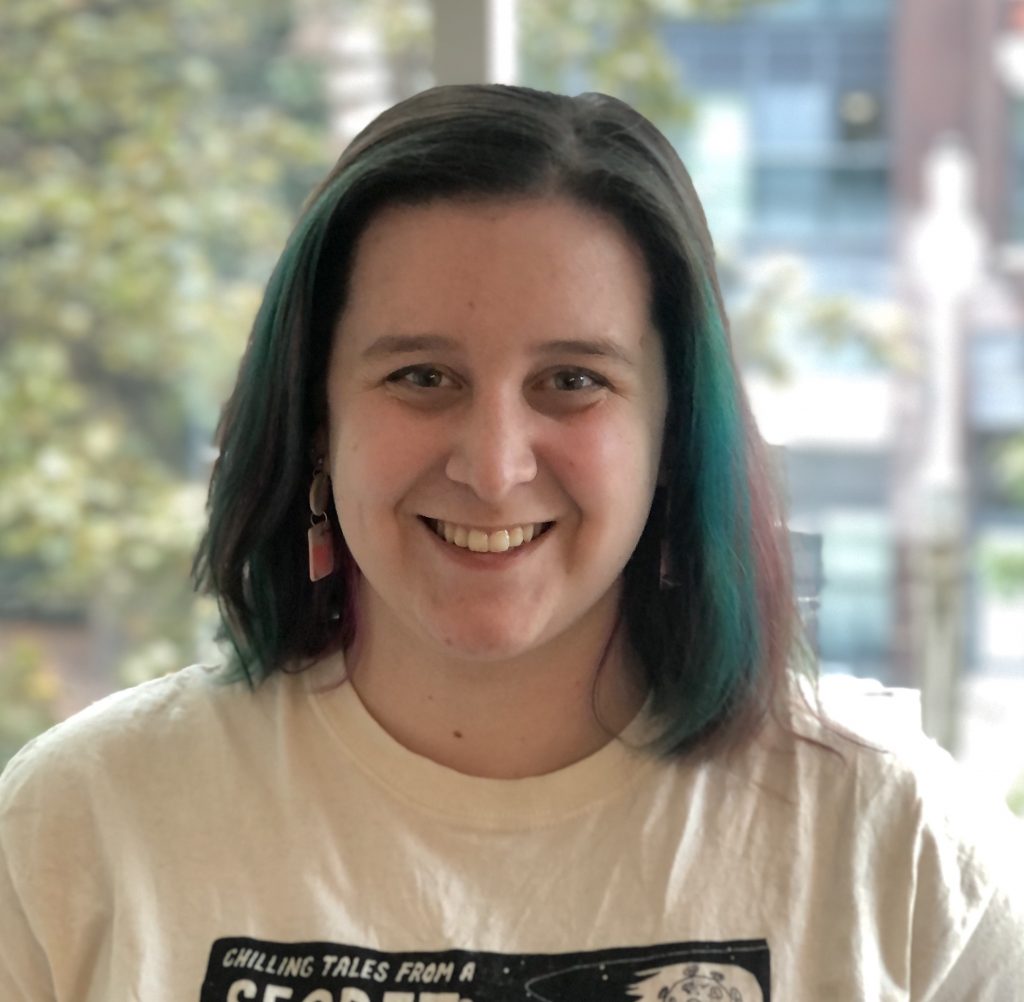
Jeanne shares the necessity of pursuing a non-academic passion and how it enriches her studies, work, and mental health.


Jeanne shares the necessity of pursuing a non-academic passion and how it enriches her studies, work, and mental health.

This blog post is the first installment of What’s Your Why, a new blog series aimed at highlighting the importance of connecting back to the “why” that drives you and the work you are involved in. Each post is a written reflection from our team members, who took the time to graciously share their passions and purposes that drove them to their particular work at the Innovation Hub. We hope these stories inspire you to take a moment to reflect on your own individual “why”.
By Yusur Al-Salman, Redefining Traditional Project Lead
Between the rising costs of childcare and the COVID-19 pandemic, entering parenthood as students seems more challenging than ever. And yet, there is growing effort to accommodate the practical needs of student-parents and to address them meaningfully, and one example is in making university libraries family-friendly.

Written by Kaitlyn Corlett, Senior Project Assistant

When we think about superpowers our minds usually go to magical abilities or the supernatural. However, I believe that we all have superpowers and they’re our unique strengths we bring to this world. We might not know what they are at first, and it takes moments like navigating failure, overcoming obstacles, or facing uncertainty to begin learning what they might be. This requires learning from these experiences to gain a deeper sense of self, and a process that supports embracing uncertainty.
This blog post is part of Researchers Reflect, a series where we embark on the journey of a design researcher at the Innovation Hub. Each post will spotlight a different design researcher’s experience, stories, and learning moments throughout the course of their research.

Written by Sabrina Wu, Senior Research Assistant
In the past, I often associated research with substantial findings and grand theories. But the key to needs-finding and design thinking research can actually lie in what is ordinary and familiar – small daily interactions. My work at the Innovation Hub allowed me to closely experience and hear the impact small interactions have on students and researchers.